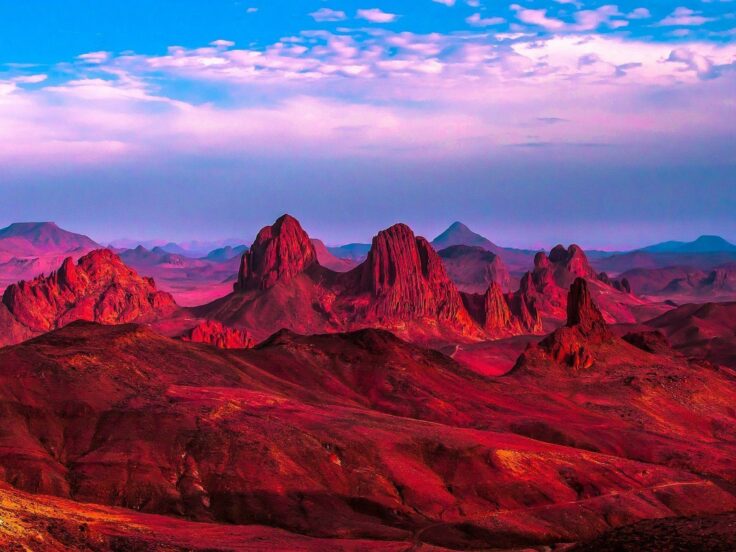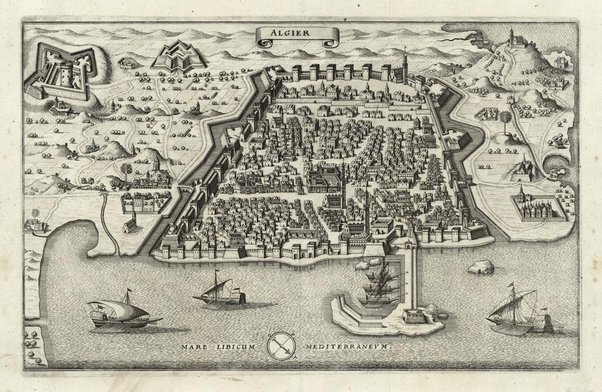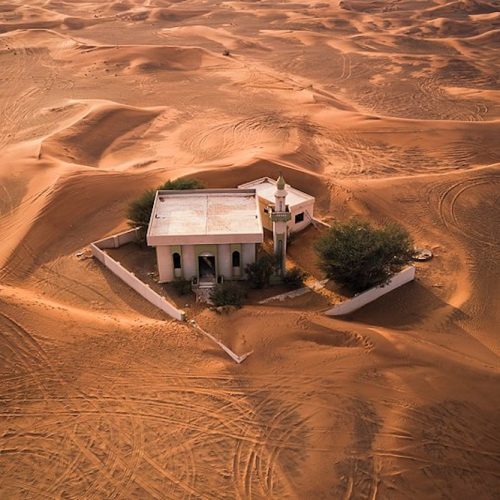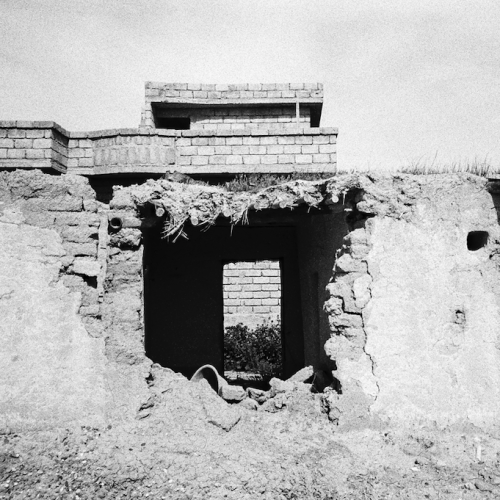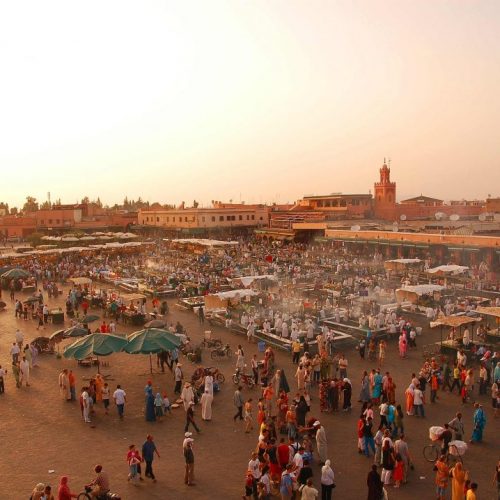At the north of Africa and the south of Europe, Algeria is at the cross-point between several cultures, people, and lands, which has erected the country as one of the most interesting on the continent and MENA region as a whole.
Once known as the capital of revolutionary movements before, during, and after the country’s bloody quest for independence, the Arab republic, of Amazigh roots, is chock-full of history and age-old civilizations that are still, for the most part, waiting to be discovered. From the Phoenicians and the Romans to the successive Islamic empires, Algeria is a real melting pot that is usually overlooked in comparison to its sub-regional neighbors (read: Morocco and Tunisia).
To shed more light on the country of a million martyrs, we shortlisted 1, 2,3 (viva l’Algerie), 4, 5 random facts about the North African country to flex at your next gathering with friends.
Algeria is the largest country in Africa
With around two million square kilometers of land, Algeria is world’s 10th largest country and the biggest in Africa. It is closely followed by the Democratic Republic of Congo, Sudan, and Libya.
The national anthem has an interesting story
Algeria’s national anthem, The Pledge, was conceived by poet Mufdi Zakariah in 1955 after he was imprisoned by the French for his politics. He wrote the lyrics using his own blood on the walls of the Serkadji prison, because he didn’t have any writing utensils. It was later set to music by Mohamed Triki in 1956 and then by Egyptian icon Mohamed Fawzi. The poem would go on to become Algeria’s national anthem shortly after the country gained independence in 1962.
The third biggest mosque is in Algiers
Founded in 2019, Djamaâ El-Djazaïr is the biggest mosque in Africa and the third largest in the world, just behind the holy sites of Mecca and Medina. Prior to its completion, it was the Hassan II mosque in Casablanca that occupied the third spot.
Algiers was founded by Phoenicians
In 814 BC, Phoenicians made their way from present-day Lebanon to establish Carthage: a city that still exists today in Tunisia. Growing into a powerful city of its own, Carthage eventually split itself from Phoenician rule and slowly became a regional hub.
Back at that time, Carthaginians had the habit of establishing and scattering commercial ports all over the South bank of the Mediterranean sea, which eventually lead them to found the city of Icosium, Algiers’ first initial name.
Algeria inspired a Picasso painting
Inspired from Eugène Delacroix’s Les Femmes d’Alger from 1834, Pablo Picasso was widely inspired by the French artist and created several iterations of the artwork, with the first being sold at an auction for around 180 million euros in 2015, making it one of the most expensive paintings in the world.





